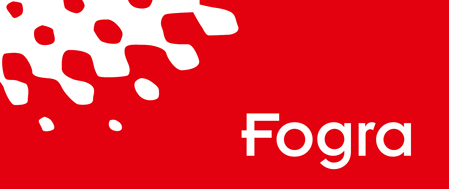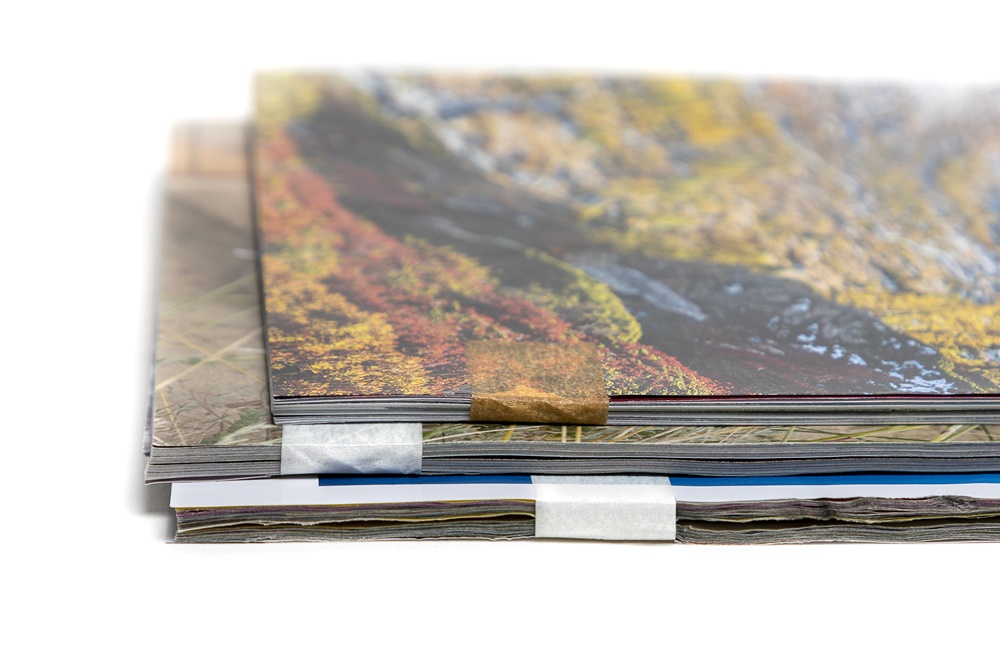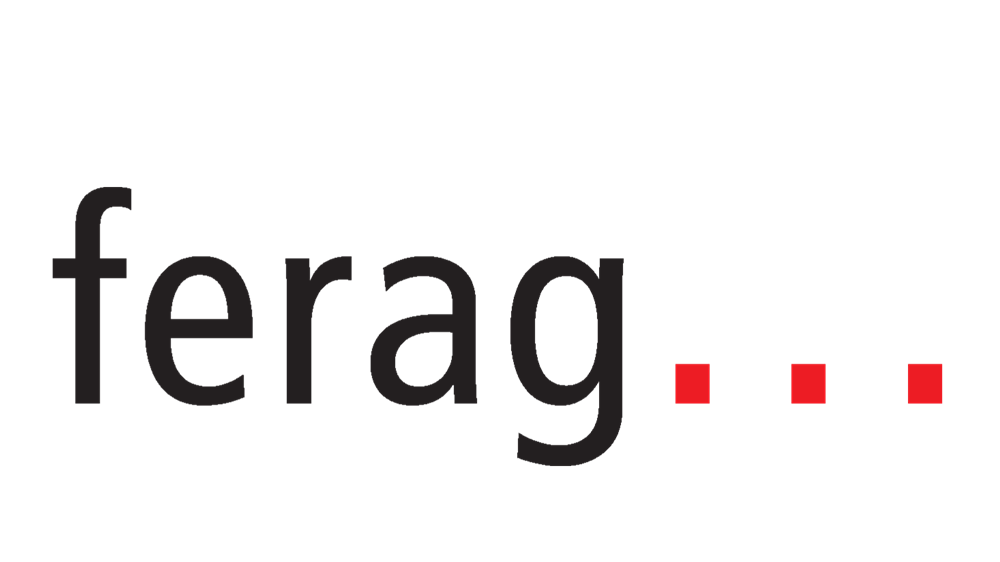P3 3-4/2023 en
Ferag.Ecofix
An Alternative to Film Packaging for Magazines
Newspaper Technology
Film is increasingly the subject of criticism in the public debate. With ferag.ecofix, a further development of its Tapefix technology, Ferag AG (Hinwil/Switzerland) now offers a particularly environmentally friendly alternative for magazine printers and publishers to individually seal print products for the mail. The technology can be integrated into all Ferag finishing lines and also into systems from other manufacturers.
The ferag.ecofix module can be integrated into any Ferag finishing line.
Climate neutrality and the conservation of fossil resources are increasingly the focus of politicians and the resulting legal requirements. This is why renowned companies in the industry - such as postal companies, magazine publishers or distributors of direct mail - are looking for suitable alternatives.
Ferag AG, a supplier of innovative finishing technology for high-volume print production, has already taken a close look at film packaging, which has been used for print products for decades. As a result, Ferag has brought a further development of the “Tapefix” technology to market maturity, which allows a reliable alternative to the wrapping of magazines and magazine-like products: ferag.ecofix.
Film wrapping is, after all, not only used for advertising journals and newspapers, but also for the individual packaging of high-quality periodicals. One of the aims is to ensure that magazine inserts reach the recipient in their entirety. In addition, postal distribution items are wrapped in film in Germany and abroad and bundled advertising inserts are distributed in plastic bags by direct delivery to the end customer. A well-known example in Germany is Deutsche Post's “Einkauf aktuell” product.
Removable adhesive tapes
Tapefix from Ferag has been proving its worth on the market for several years now. Every week, newspaper printers use this technology to fix and bundle many millions of machine-collected advertising materials into collections using removable adhesive strips. Ferag has further developed this technology and added the option of sealing the individual print product on the open side - the “flower”. This solution is now being launched on the market as ferag.ecofix.
Ferag.ecofix easily handles production speeds of up to 30,000 ex/hour. For this purpose, two precisely fitting adhesive strips are fed in each case via a mobile device. The positioning of the adhesive strips can be adapted to the product. They then seal the product hanging in the Ferag Universal Conveyor on the open side. Additional operating personnel for the gluing module are not required.
The ferag.ecofix module can, of course, be integrated into any Ferag finishing line - whether at traditional magazine producers or coldset printers technologically geared to semi-commercial products. In addition, a production line consisting of a ferag.ecofix take-up module and the universal conveyor (for suspended transport of printed products) can also be integrated into finishing lines from other manufacturers. Ferag has developed corresponding transfer modules.
The product size can vary between 420 x 300 cm (approx. DIN A3) and 210 x 148 cm (DIN A5). Collections with a thickness of two to 12 mm can be processed. The 19 mm wide ferag.ecofix adhesive tape is wound on spools with a running length of 4,000 meters. The cost of consumables is significantly lower than the cost of materials when using film.
Since summer 2022, ferag.ecofix has been successfully tested in practice by a major German magazine printing company. The adhesive strips ensure that inserts, for example, cannot fall out of magazine copies in transit. Ferag.ecofix has also been tested on Deutsche Post AG sorting lines and approved by the postal logistics company.
Approval by other postal companies in other countries is imminent.
Reduced ecological footprint
Ferag.ecofix uses a specially developed material made of natural fiber and natural rubber that is completely removable and fully recyclable. It can be disposed of together with the magazines in the waste paper or composted. The economic added value lies not only in the halving of material costs, but also in the personnel savings in the finishing process and the significantly higher production speed. In addition, there is the lower "ecological footprint", for example due to the elimination of film production and film transport.
There is no doubt that film packaging has no socio-political acceptance in many countries. As a result, it is damaging to the image of the packaging companies. The new technology also achieves a significant increase in quality.
After the successful tests in Germany, Ferag is now in a position to offer ferag.ecofix to all interested parties and can promise deliveries or installations from mid-2023.








